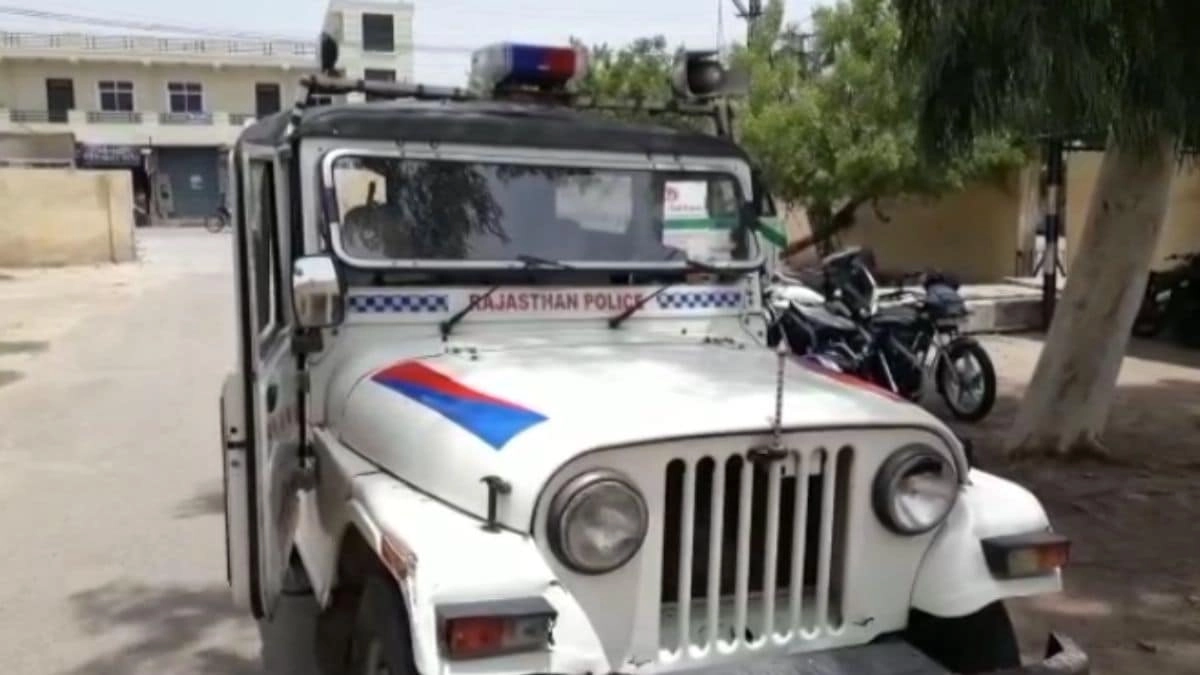The political landscape in West Bengal has become increasingly polarized, particularly around the themes of religion and identity, with the Bharatiya Janata Party (BJP) and the Trinamool Congress (TMC) engaging in a fierce rivalry. Central to this conflict is the issue of temple politics, where both parties attempt to assert their influence over Hindu voters. The BJP, known for its strong Hindu nationalist stance, has made significant inroads in the state by emphasizing its commitment to Hindu culture and religion. They have actively promoted the construction and renovation of temples, framing these initiatives as a means of reclaiming cultural heritage that they argue has been neglected by previous governments.
In contrast, the TMC, led by Chief Minister Mamata Banerjee, has positioned itself as a secular alternative, often accusing the BJP of exploiting religious sentiments for electoral gain. The TMC has used the narrative of inclusivity to appeal to a diverse voter base, which includes various religious communities. Banerjee has openly criticized the BJP’s tactics, branding them as hypocritical and labeling some of their leaders as “fake Hindus.” This accusation suggests that the BJP’s claims of Hindu nationalism are insincere, aimed more at garnering votes than genuinely upholding Hindu values. Such rhetoric resonates with voters who are wary of religious polarization and who value the state’s historical legacy of secularism.
As the political battle unfolds, the stakes are high for both parties. For the BJP, West Bengal represents a critical frontier in its quest for broader national dominance, while for the TMC, retaining its hold on the state is paramount for maintaining its political relevance. The engagement in temple politics not only reflects the ongoing struggle for electoral power but also underscores deeper societal divisions. The discourse surrounding Hindu identity is becoming increasingly complex, with both parties attempting to define what it means to be a true Hindu in the context of contemporary India. The outcome of this contest will likely have lasting implications for the political and social fabric of West Bengal, influencing how communities interact and identify with one another in this vibrant yet contentious region.




